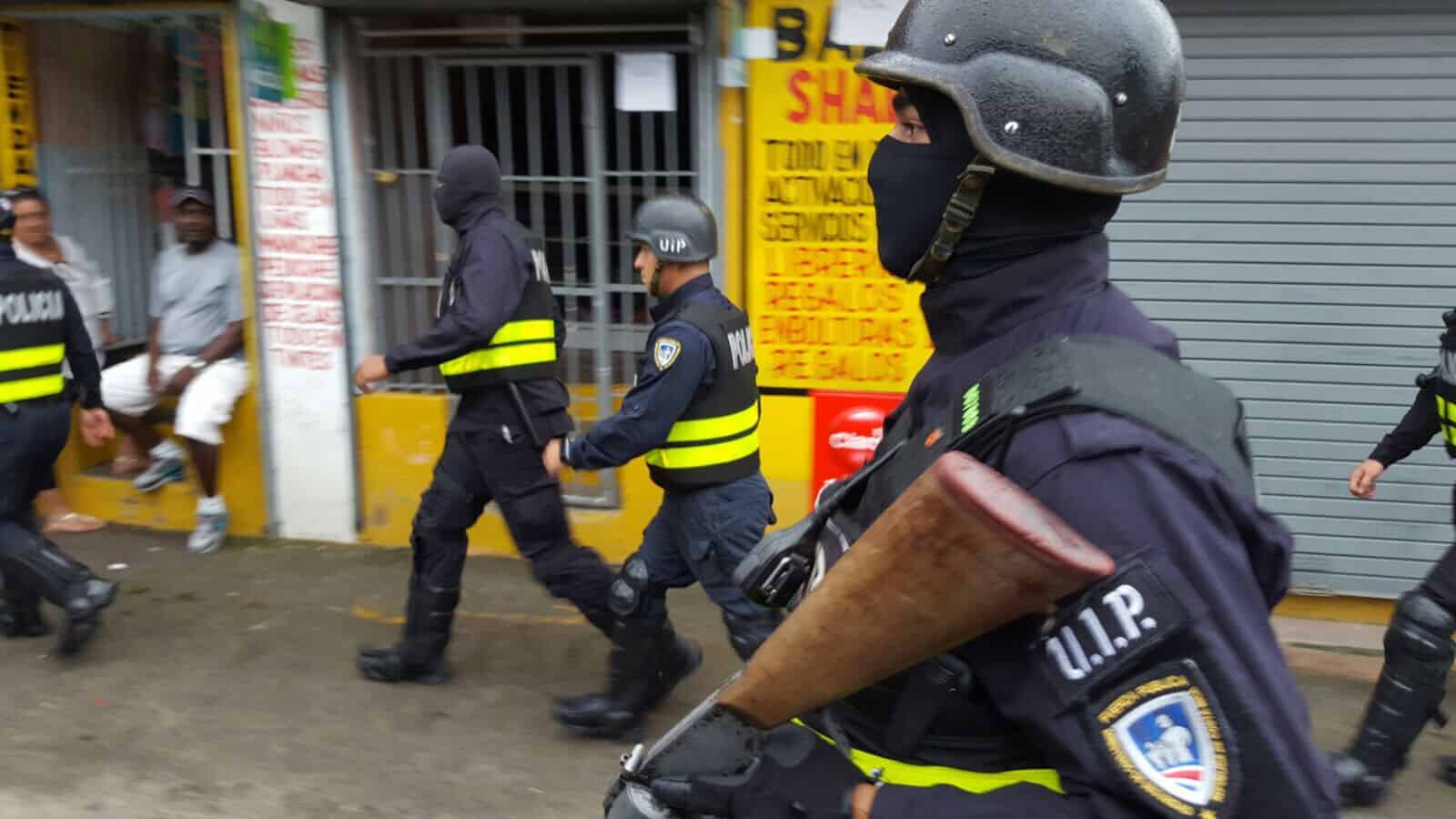Between April and July, the number of homicides in Costa Rica decreased by 18% according to statistics from the Judicial Investigation Agency (OIJ).
This reduction coincides with the beginning of the “Costa Rica Segura Plus” operation, which was announced on April 19, and with the arrival of Mario Zamora and other high-ranking officials to the Ministry of Public Security.
In April, Costa Rica registered 84 murders. In May, June, and July, there were 77, 71, and 69 cases respectively, indicating a slow but steady decrease.
“The number of homicides is decreasing little by little, but we have not yet reached our goal. We have a lot of work ahead of us, but this data indicates that we are on the right track, and we will continue to make the necessary adjustments to obtain better results,” said Zamora.
To reduce the number of homicides, the government has implemented various strategies. These include special coordination between all police forces—never before used in Costa Rica—the use of technology for decision-making, operations in high-crime areas, and the arrest of a handful of professional hitmen, among other actions.
While Zamora and his team are moving in the right direction, homicides remain a significant cause for concern. As of the end of last week, the country had reported 542 murders, compared to 387 cases for the same period last year. The increase of 155 cases can be attributed to a war between local drug gangs that are competing for territory and trafficking routes, in collaboration with their foreign allies.
In addition to this war, there’s been a “professionalization” of hitmen. For this reason, Carlo Diaz, the attorney general, predicted that Costa Rica could reach 800 murders in 2024.
In this context, Zamora said that Costa Rica is at a critical point. “We are dealing with a cancer. We are at the point where we can stop that cancer with chemotherapy, but it is also true that it could metastasize and affect the whole society. Decisions must be made now because we are right at the point where we cannot lose control. This is precisely the moment of greater operational integration between our internal police and the U.S. DEA. We are betting everything on this,” said Zamora.
He also pointed out that there has been military training by Mexicans and Colombians, who are teaching Costa Ricans how to kill and avoid punishment. Safe houses, training farms, and shoot-on-motion tactics are among the techniques being taught.
“Normally, the effectiveness of professional crime is measured by the evidence left at the crime scene. Here, we are seeing that while not all, a significant number of homicides committed are characterized by a lack of evidence. These are individuals who manage the scene with prior intelligence, choose locations with few witnesses, look for areas without cameras, and act quickly and precisely,” concluded Zamora.
He also took the opportunity, just weeks before the budget discussions, to ask the deputies to recognize the seriousness of the country’s situation.
“Returning to the subject of chemotherapy, this is not the time to skimp on resources for chemotherapy and medicines,” emphasized Zamora.






